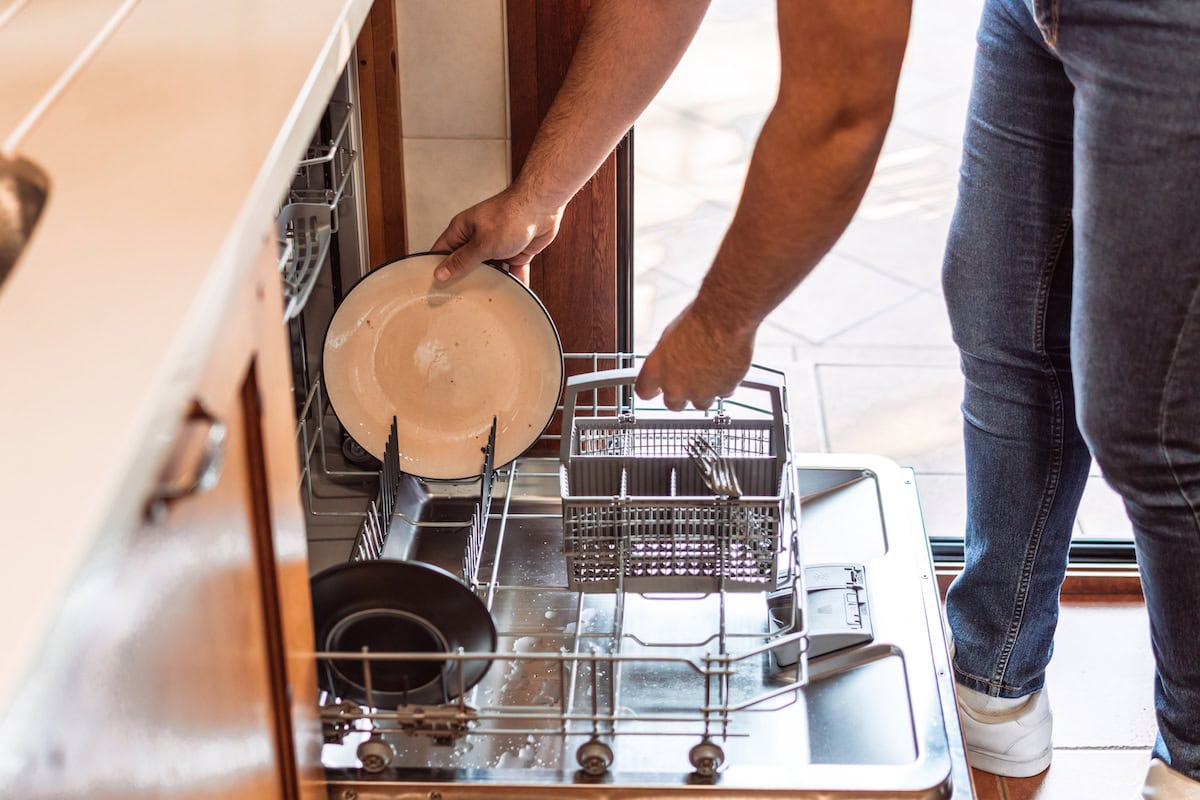Table of Contents
- What is Hard Water?
- Effects on Plumbing
- Effects on Appliances
- Impact on Fixtures
- Solutions for Hard Water
What is Hard Water?
Hard water is water that contains a high concentration of dissolved minerals, primarily calcium and magnesium. These minerals are picked up as water travels through soil and rock, accumulating more as it moves. The hardness of water is measured in grains per gallon (GPG), with anything over 7 GPG considered hard.
While hard water is not harmful to your health, it can have a significant impact on your home’s plumbing system and appliances, leading to inefficiency, costly repairs, and decreased appliance lifespans.
Effects on Plumbing
Scale Buildup in Pipes
One of the most noticeable effects of hard water on plumbing is scale buildup. The minerals in hard water accumulate inside your pipes, reducing water flow and increasing the risk of blockages. Over time, this buildup can lead to reduced water pressure and potentially costly repairs if the buildup becomes severe.
Corrosion
While hard water itself isn’t corrosive, the scale buildup it causes can trap corrosive substances, leading to corrosion in metal pipes. This can weaken your pipes, increasing the likelihood of leaks and bursts, which could require extensive plumbing repairs.
Water Heater Efficiency
Hard water significantly impacts the efficiency of water heaters. The minerals in hard water settle at the bottom of the tank, forming a thick layer of sediment. This sediment acts as an insulator, making it harder for the heater to warm the water. As a result, your water heater has to work harder, consuming more energy and leading to higher utility bills. Over time, sediment buildup can also reduce the lifespan of the water heater.
Effects on Appliances
Reduced Efficiency and Lifespan
Appliances that use water, such as dishwashers, washing machines, and coffee makers, are also affected by hard water. Mineral deposits can clog and damage internal components, reducing the efficiency of these appliances. This not only leads to higher energy consumption but also shortens their lifespan.
Increased Maintenance
Hard water causes increased maintenance needs for appliances. Dishwashers may need frequent descaling to remove mineral buildup, and washing machines may require additional detergent to achieve the same level of cleanliness. Over time, these extra maintenance tasks can become burdensome and costly.
Impact on Fixtures
Staining and Residue
Hard water often leaves behind unsightly stains and residue on fixtures such as faucets, showerheads, and sinks. These stains are caused by the minerals in the water and can be difficult to remove. Over time, they can make your fixtures look dull and worn out, affecting the overall aesthetic of your home.
Decreased Performance
Mineral buildup from hard water can also clog showerheads and faucets, reducing water flow and pressure. This can make everyday tasks, such as showering and washing dishes, less efficient and more frustrating.
Solutions for Hard Water
Water Softeners
One of the most effective solutions for hard water is installing a water softener. Water softeners work by exchanging the calcium and magnesium ions in hard water with sodium or potassium ions, effectively reducing the hardness of the water. This can prevent scale buildup, improve the efficiency of your plumbing and appliances, and extend their lifespan.
Regular Maintenance
Regular maintenance of your plumbing system and appliances can help mitigate the effects of hard water. This includes descaling appliances, flushing your water heater to remove sediment, and using cleaning products designed to remove mineral buildup from fixtures.
Use of Water Conditioners
Water conditioners are another option for addressing hard water. These devices use methods such as electromagnetic waves or catalytic media to alter the chemical structure of the minerals in the water, preventing them from forming scale. While not as effective as water softeners, they can still provide some benefits in reducing hard water issues.
For more information on dealing with hard water, visit our Water Filtration Services page.
If you’re experiencing issues with hard water and need professional assistance, contact Anchor Plumbing today. Our team of experienced plumbers is ready to provide expert solutions to help you manage hard water and protect your plumbing and appliances. For more tips and reviews, visit our Google Business Profile.
